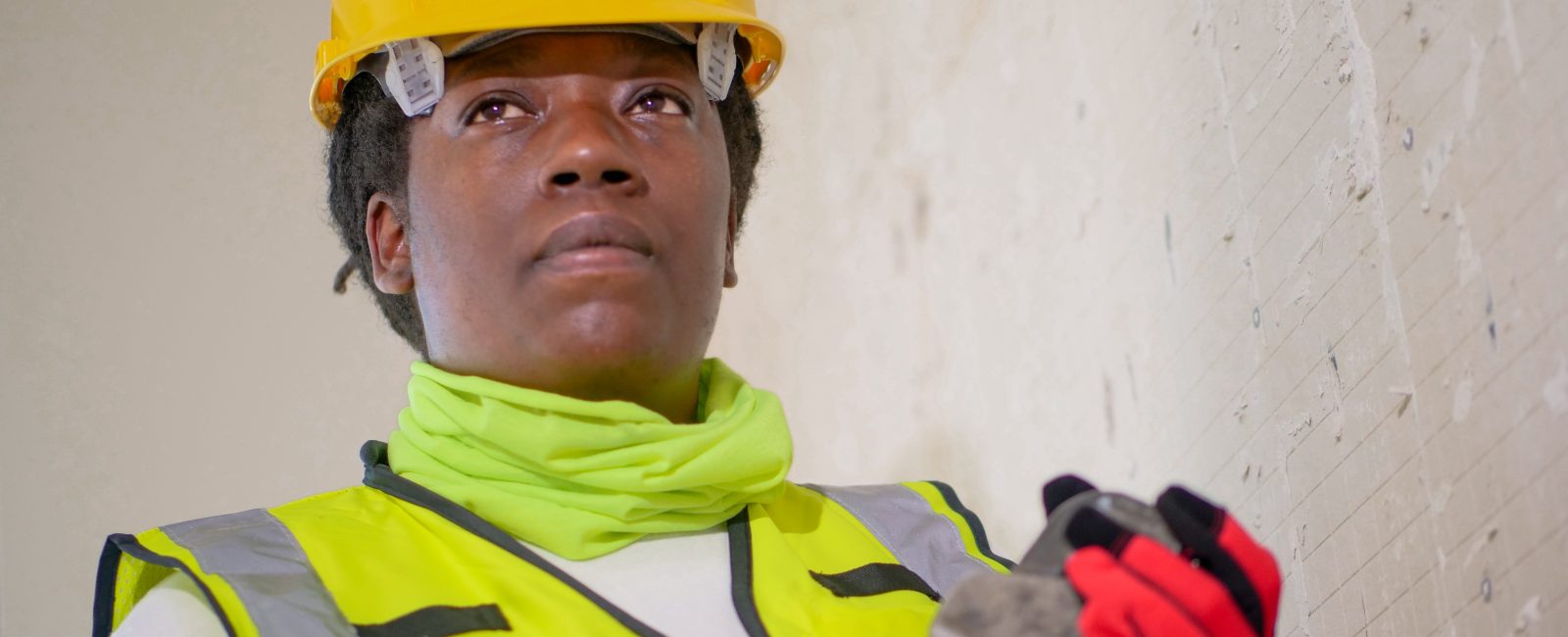At the start of the pandemic, workers who had long been neglected and devalued under the UK’s economic system were suddenly declared “critical.” These individuals received significant pressure to continue working while the rest of the country kept safe in lockdown.
It was impossible for these people to embrace the new normal, as working from home was incompatible with their day to day roles that were necessary to keep society running. Helping us get through the pandemic, it’s high time that these professions got a little more credit, so here are three that are more stressful, complex and undervalued than you might believe.
1. Plumber
Doctors, pharmaceuticals, medicine, and vaccinations get a lot of the glory, but the modest plumber deserves a lot more credit for keeping us safe. At the end of the day, modern water infrastructure is the primary reason sickness is under control across the world, and plumbers are integral in maintaining these systems.
In March 2020, the government officially classified plumbing and heating contractors as essential workers. The recognition was welcomed by the Association of Plumbing and Heating Contractors who advocated the importance of their engineers and the direct role they play in “keeping society healthy, warm and safe.”
Plumbing problems
The words “plumber” and “emergency” are never too far from each other, and if you have ever used a plumber’s services, you will no doubt understand why. These tradesmen deal with a wide range of urgent problems daily, including malfunctioning boilers, blockages of bodily waste and leaking pipes that drip contaminated water.
Moreover, it’s common for engineers to be at risk of things like asbestos exposure and repetitive strain injury, not to mention the constant danger of inadvertently causing property damage. As Tradesman Saver elaborates: “all it takes is an ill-fitted pipe or tap to cause severe water damage to a client’s property.” The equipment that plumbers use can also be highly dangerous — it’s common for plumbers to experience occupational hearing loss plus suffer from eye injuries owing to frequent chemical use.
Plumbing is highly skilled — it takes up to four years to qualify in the UK, and can be extremely rewarding as a career. However it is clear that the engineers deserve more recognition for what they do and the risks that are involved.
2. Teaching Assistant
The humble teaching assistant is the unsung hero of the education system. Too often their dedication and commitment to their work is taken for granted.
Teaching assistants can be split into three categories:, general classroom assistants (TAs), learning support assistants (LSAs) and higher level teaching assistants (HLTAs) — ‘unqualified teachers’ that fulfil the duties of classroom teachers daily, covering sickness, planning, preparation and assessment (PPA) and staff absences.
Low recognition
It is common for teaching assistants to need a great deal of expertise, continued professional development and often a graduate degree. However, they often receive little recognition, very low pay and none of the token benefits that qualified teachers receive, such as career-building prospects, gradual increases in salary and secure pensions.
According to Unison, the average annual salary for a TA is £12,081, making it a rewarding yet shockingly undervalued profession. When the pandemic struck, TAs were heavily relied upon to help keep schools operating. However, despite such efforts, UNISON believes that TAs are still unrecognised, stating: “support staff have stepped up to the plate as staff shortages in schools bite. The government needs to turn its attention to the impact of this – staff are exhausted, and are doing too much and for too little pay.”
3. NHS Nurse
It took a pandemic for many to recognise the long-suffering NHS nurse as underpaid, undervalued and overworked. The health service is still plagued with staffing issues, however, the humble nurse is now canonical as the saviour of Covid. At the height of the pandemic, nurses and medical professionals were lauded and awarded the nation’s gratitude — store discounts, priority supermarket access, and more rainbows than at a Pride festival, to name just a few.
High skills, low pay
Nursing is a varied, complex and demanding profession. Depending on their band, nurses are required to have a number of specialised medical skills: blood transfusions, cardiac life support and paediatric care. Not to mention the ‘soft skills’ — resilience, compassion and communication, to name a few.
Despite the value and intellectually stimulating nature of this line of work, there are concrete reasons why nurse morale in England has fallen post-pandemic. According to the most recent NHS staff survey, more and more individuals report feeling unappreciated, concerned about staff shortages. An NHS nurse has described plans for a 3% salary increase as “an insult” and has spoken of colleagues having to rely on food banks owing to the cost of living problem.
It is not a profession to enter lightly, but there is hope that changes will be made. The Royal College of Nursing is campaigning for fair pay and increased value in “the qualifications, skills, responsibilities and experience demonstrated every day by nursing staff.” It’s high time we gave the nation’s nurses the recognition, support and pay they deserve.





